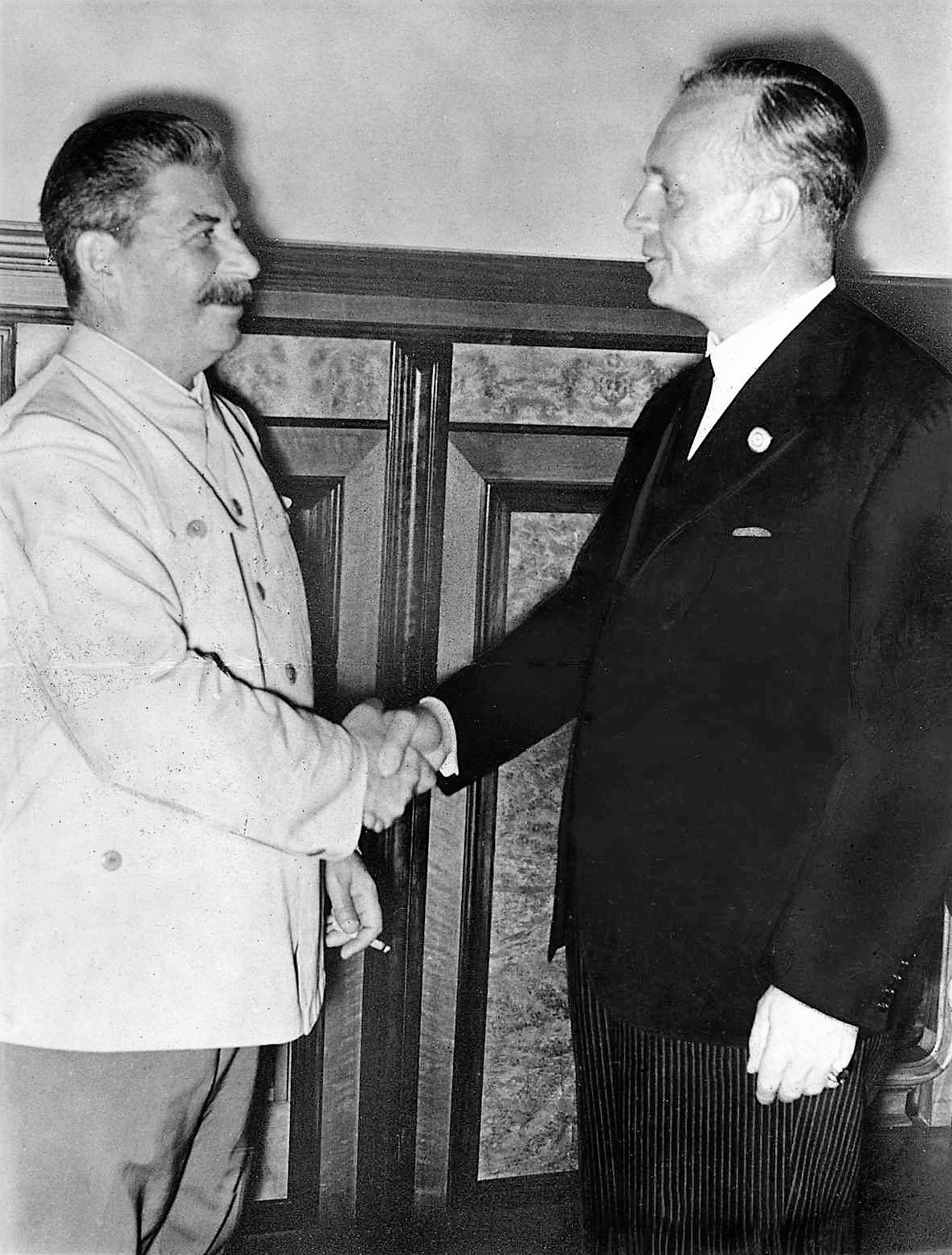There is no one in the region who wanted Poland to be independent.
Poland and the Ukraine used to be an awful and terrifying alliance that massacred or enslaved millions.
The only thing that saved Europe was of the rebellion between the Ukraine and Poland, that weakened both enough so they had to stop.
{...
The
Khmelnytsky Uprising,
[a] also known as the
Cossack-Polish War,
[1] the
Chmielnicki Uprising, the
Khmelnytsky massacre[2] or the
Khmelnytsky insurrection,
[3] was a
Cossack rebellion that took place between 1648 and 1657 in the eastern territories of the
Polish–Lithuanian Commonwealth, which led to the creation of a
Cossack Hetmanate in Ukraine. Under the command of
Hetman Bohdan Khmelnytsky, the
Zaporozhian Cossacks, allied with the
Crimean Tatars and local Ukrainian
peasantry, fought against Polish domination and against the Commonwealth forces. The insurgency was accompanied by mass atrocities committed by Cossacks against the civilian population, especially against the
Roman Catholic clergy and the
Jews.
[4]
The uprising has a symbolic meaning in the history of
Ukraine's relationship with Poland and
Russia. It ended the Polish Catholic
szlachta′s domination over the
Ukrainian Orthodox population; at the same time, it led to the eventual incorporation of
eastern Ukraine into the
Tsardom of Russia initiated by the 1654
Pereiaslav Agreement, whereby the Cossacks would swear allegiance to the
Tsar while retaining a wide degree of autonomy. The event triggered a period of political turbulence and infighting in the Hetmanate known as
the Ruin. The success of the anti-Polish rebellion, along with internal conflicts in Poland, as well as concurrent wars waged by Poland with Russia and
Sweden (the
Russo-Polish War (1654–1667) and
Second Northern War (1655–1660) respectively), ended the
Polish Golden Age and caused a secular decline of Polish power during the period known in
Polish history as the
Deluge.
In
Jewish history, the Uprising is known for the concomitant outrages against the Jews who, in their capacity as leaseholders (
arendators), were seen by the peasants as their immediate oppressors.
[4][5] However, Shmuel Ettinger argues that both Ukrainian and Polish accounts of the massacres overemphasize the importance of the Jewish role as landlords, while downplaying the religious motivation for Cossack violence.
[6]
...}
To this day, Poles and Ukrainians (Cossacks) are hated across Europe.
The Crimeans (Tartars), not so much because they kept to themselves more.

